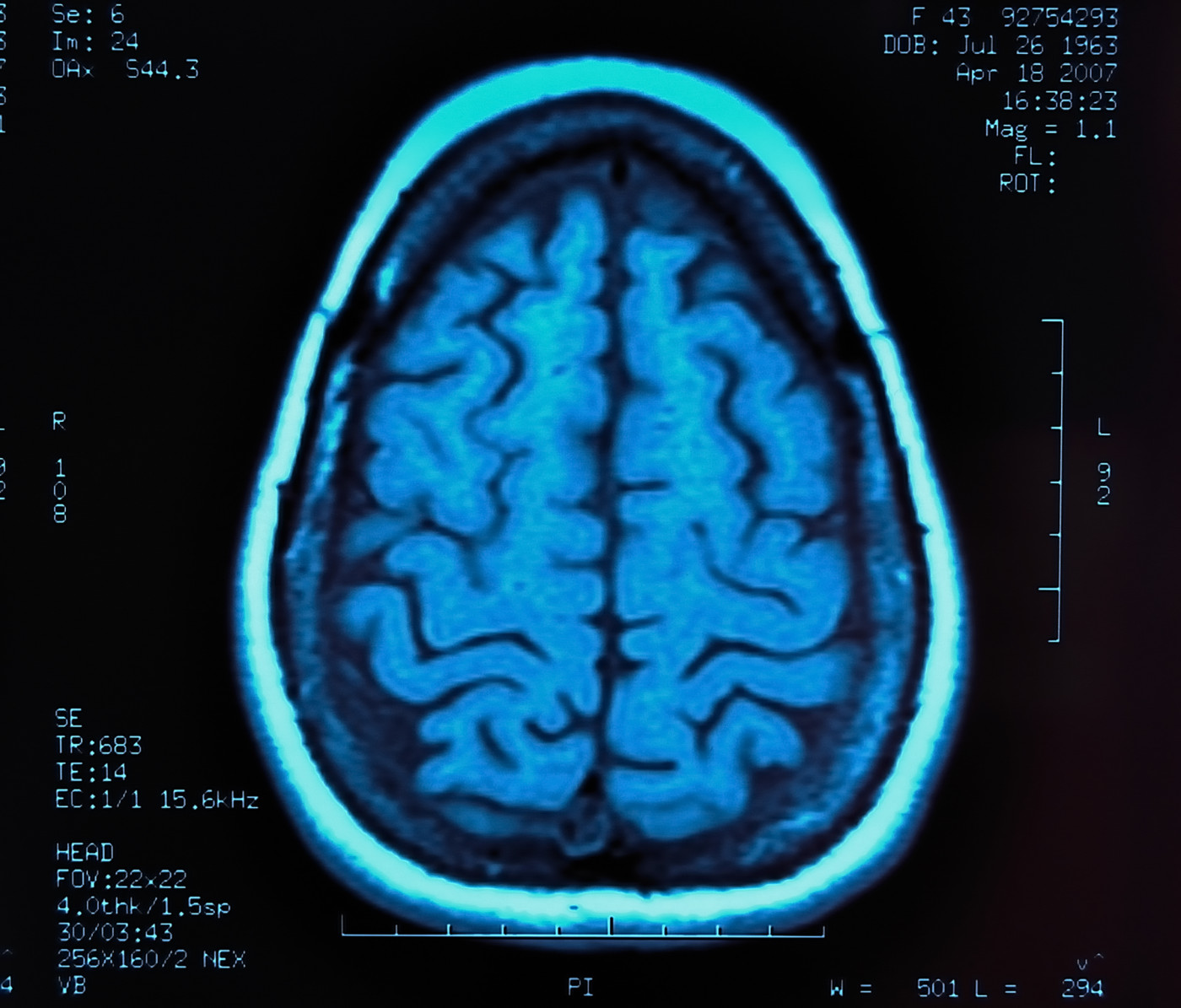Silo Pharma, University to Explore Ways of Making MS Therapies More Effective

Silo Pharma has entered into a sponsored research agreement with the University of Maryland to develop and explore the potential of a targeted therapy delivery system for multiple sclerosis (MS).
The company and investigators at the Baltimore university will test a targeted therapy delivery approach that uses peptides — short chains of amino acids, the building blocks of proteins — to guide different therapeutic agents to the central nervous system (CNS; the brain and spinal cord).
This novel peptide-guided delivery system aims to overcome the limitation many current MS treatments have of being unable to reach the brain and spinal cord, where they are meant to act.
“We are to be collaborating with researches at the University to begin a study of this novel peptide-guided drug delivery approach for the treatment of multiple sclerosis. This study is an important step in gathering research and data to treat rare neurologic diseases with the CNS peptide,” Eric Weisblum, chairman and CEO of Silo Pharma, said in a press release.
The study will also focus on identifying which cell types respond to these CNS-guided peptides, in order to understand how a therapy transported inside small vesicles might interact with nerve cells once it reaches the CNS.
According to Silo Pharma, findings from this study might also be valuable in exploring the therapeutic potential of combining these CNS-guided peptides with psychedelic agents, such as lysergic acid diethylamide (LSD) and psilocybin.
Both psychedelic agents are currently being investigated for their potential to ease cognitive and emotional problems in patients with Parkinson’s disease participating in a Phase 2b trial that Silo is conducting along with Maastricht University in the Netherlands.
“We believe that, when combined with the findings of our previously announced investigator-sponsored study, which utilizes repeated low doses of LSD and Psilocybin effects on cognitive and emotional dysfunction in Parkinson’s disease and to understand its mechanism of action, we will gain valuable data needed to analyze the potential of these peptides to be used in combination with psilocybin, LSD, or traditional drugs, as potential therapeutic agents,” Weisblum said.






